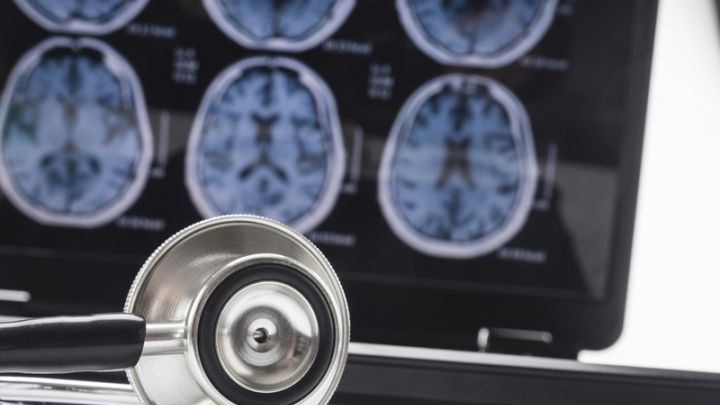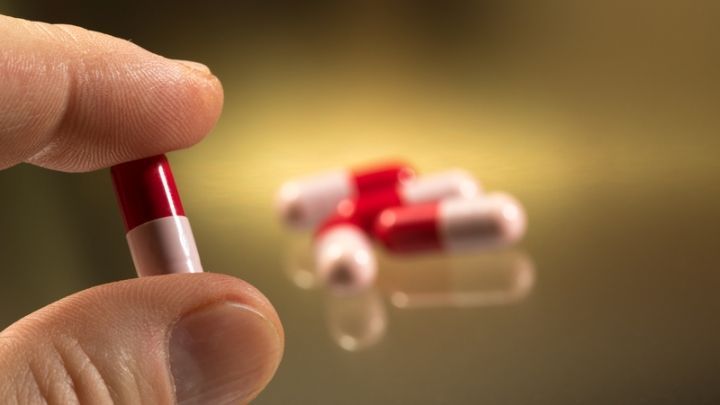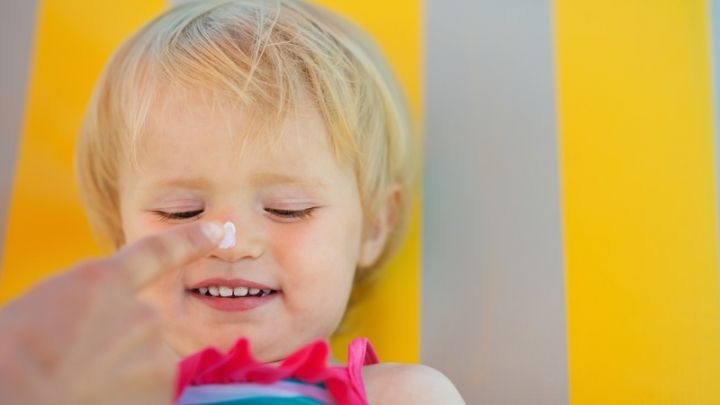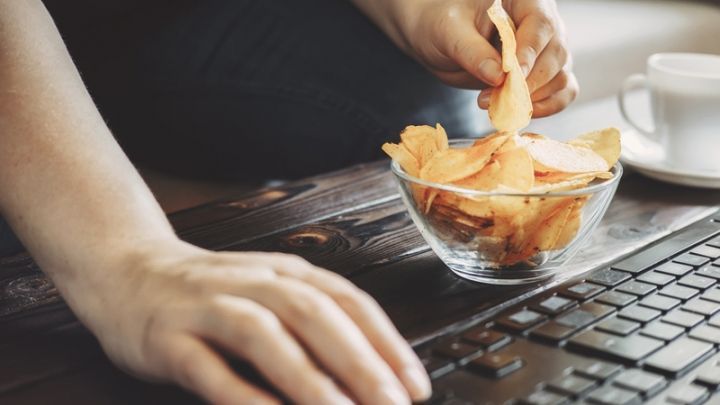Preventing Poisoning at Home
Preventing Poisoning at Home
Know who to call and what to do in the event of an accidental poisoning
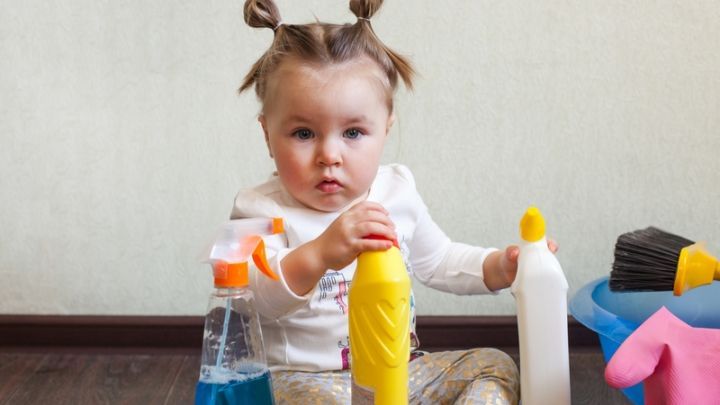
(RxWiki News) Our homes are filled with helpful things: medications, cleaners, hygiene products, jewelry, and batteries. These items are helpful for adults, but they can be dangerous for children.
That's because many items — even some you might not expect — can be poisonous. Some examples of potentially poisonous products in the home include the following:
- Medication. When someone takes more than the recommended amount of a medication, poisoning can result.
- Household cleaners or products. Items like hand sanitizer and other alcohol-containing products, as well as shampoos or soaps, can be dangerous if swallowed or cause skin or eye irritation.
Sometimes, household dangers cannot be seen. Inhalants, for example, can easily be toxic.
Reading up on how to use products safely can prevent poisoning. Still, emergencies can happen. There are several cases when calling 911 is recommended. Call 911 if the person collapses, has a seizure, cannot breathe, or cannot wake up.
There are other steps to take before emergency help arrives. These steps can help minimize harm if they're taken as quickly as possible:
- Swallowed poisons. Sometimes, accidental ingestion can occur. If there is burning or an irritating sensation and the person is conscious, not having convulsions, and able to swallow, have them drink a small amount of water or milk right away.
- Poison in the eye. Only a small number of products are designed to go in the eye. Any chemical that makes contact with the eye must be removed quickly. Rinse the affected eye with room-temperature water for at least 15 to 20 minutes. (Be sure to remove contact lenses before rinsing.) For adults or older children, a shower may be easier. When using the faucet to rinse your child's eye, wrap them in a towel and let water from the faucet run over the eye. Another alternative is to slowly pour water from a pitcher. If you use a pitcher, let the water hit the bridge of the nose and gently run into the eyes instead of pouring the water directly into the eye. Try to blink or encourage your child to blink. It is important to act fast. Delaying rinsing the eye may lead to vision loss.
- Poison on the skin. Treating the skin is similar to treating the eye. Immediately rinse the skin with lots of room-temperature water for at least 15 minutes. Take off any clothing that has been soiled by the spill. If the material sticks to the skin, use mild soap to remove it. For larger spills, it may be easier for adults and older children to get in the shower to rinse off.
- Inhaled poison. Move the exposed person to fresh air right away. Move away from the toxic fumes or gas.
After any of the above scenarios, be sure to do the following:
- Check the scene and the individual for any clues as to the type of poison. Look for any containers and take them with you to the phone when you call the Poison Control Center.
- Contact the National Poison Control Center at (800) 222-1222.
- Use webPoisonControl for specific recommendations. Answer a few questions to receive the best course of action.
- Contact 911 immediately in a life-threatening situation.
The following are some general tips to prevent poisoning:
- Always lock up chemicals and medicine out of sight.
- Keep medications in their original containers.
- Use gloves, a face mask, and adequate ventilation when handling harmful chemicals.
Conditions:
Citation:
National Capital Poison Center, "If You Suspect A Poisoning... WebPoisonControlRed Cross, "Poisoning Safety & First Aid Image Courtesy of Ekaterina Morozova | Dreamstime

